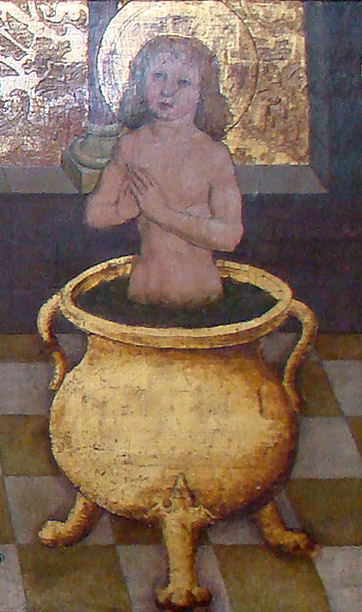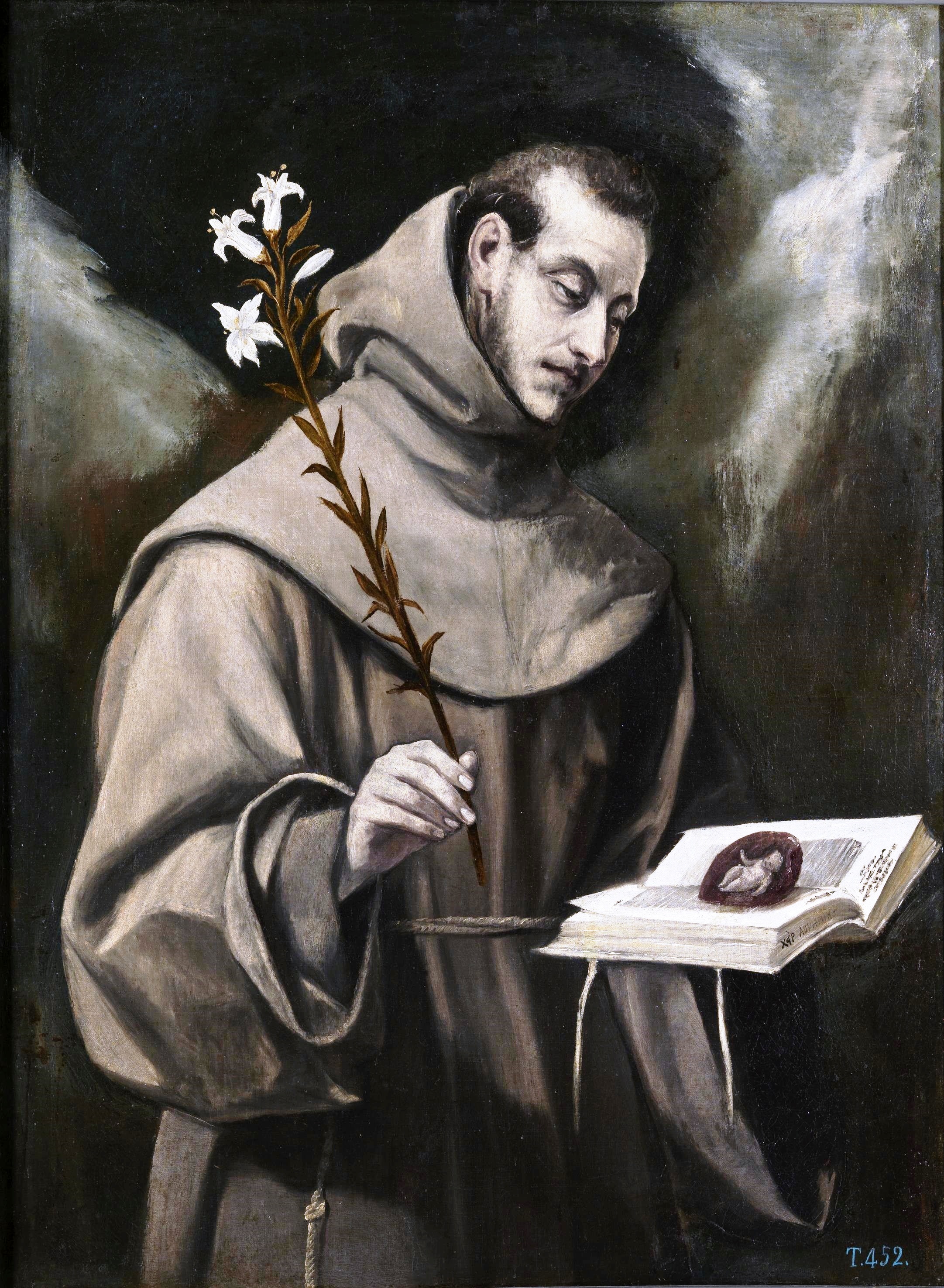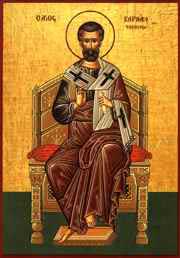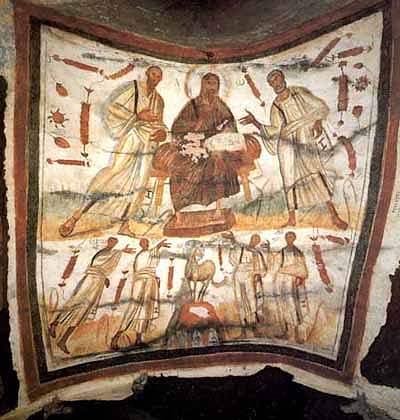 |
| Martin Pepijn |
The readings on the life of St Norbert for the feast in the Roman Office are set out below. In the Benedictine Office, the feasts has one reading only, and the sections of the text that are omitted are indicated in square brackets:
Norbert, born in the year 1080 of parents of the highest rank, thoroughly educated in his youth in worldly knowledge, and a member of the Imperial court, turned his back upon the glory of the world, and chose rather to enlist himself as a soldier of the Church. Being ordained Priest, he laid aside all soft and showy raiment, clad himself in a coat of skins, and made the preaching of the Word of God the one object of his life. [He had the right to rich revenues of the Church but these he renounced and to an ample fortune from his father; but this he gave to the poor. He ate only once a day, and that in the evening, and then his meal was of the fare of Lent. His life was one of singular hardness, and he was used even in the depth of winter to go out with bare feet and ragged garments.] Hence came that mighty power of his words and deeds, whereby he was enabled to turn countless heretics to the true faith, sinners to repentance, and enemies to peace and brotherly love.
Being one while at Laon, the Bishop besought him not to leave his diocese,] and he therefore made choice of a wilderness at the place called Prémontré, whither he withdrew himself with thirteen disciples, and thus founded the Order of the Praemonstratensian Canons, [whereof he, by the will of God, received the Rule, in a vision, from St. Austin. When, however, the fame of his holy life became every day more and more noised abroad, and great numbers sought to become his disciples, and the Order had been approved by Honorius II., and other Popes, many more monasteries were built by him, and the Institute wonderfully extended.
Being called to Antwerpen, he there gave the death-blow to the shameful heresy of Tanchelm. He was remarkable for the spirit of prophecy and for the gift of miracles.] He was created (albeit he would rather not have had it so) Archbishop of Magdeburg, and as such he was a strong upholder of the discipline of the Church, especially contending against the marriage of the clergy. At a Council held at Rheims he was a great help to Innocent II., and went with some Other Bishops to Rome, where they stamped out the schism of Peter Leoni. It was at last at Magdeburg that this man of God, full of good works and of the Holy Ghost, fell asleep in the Lord, on the 6th day of June, in the year of salvation 1134.





